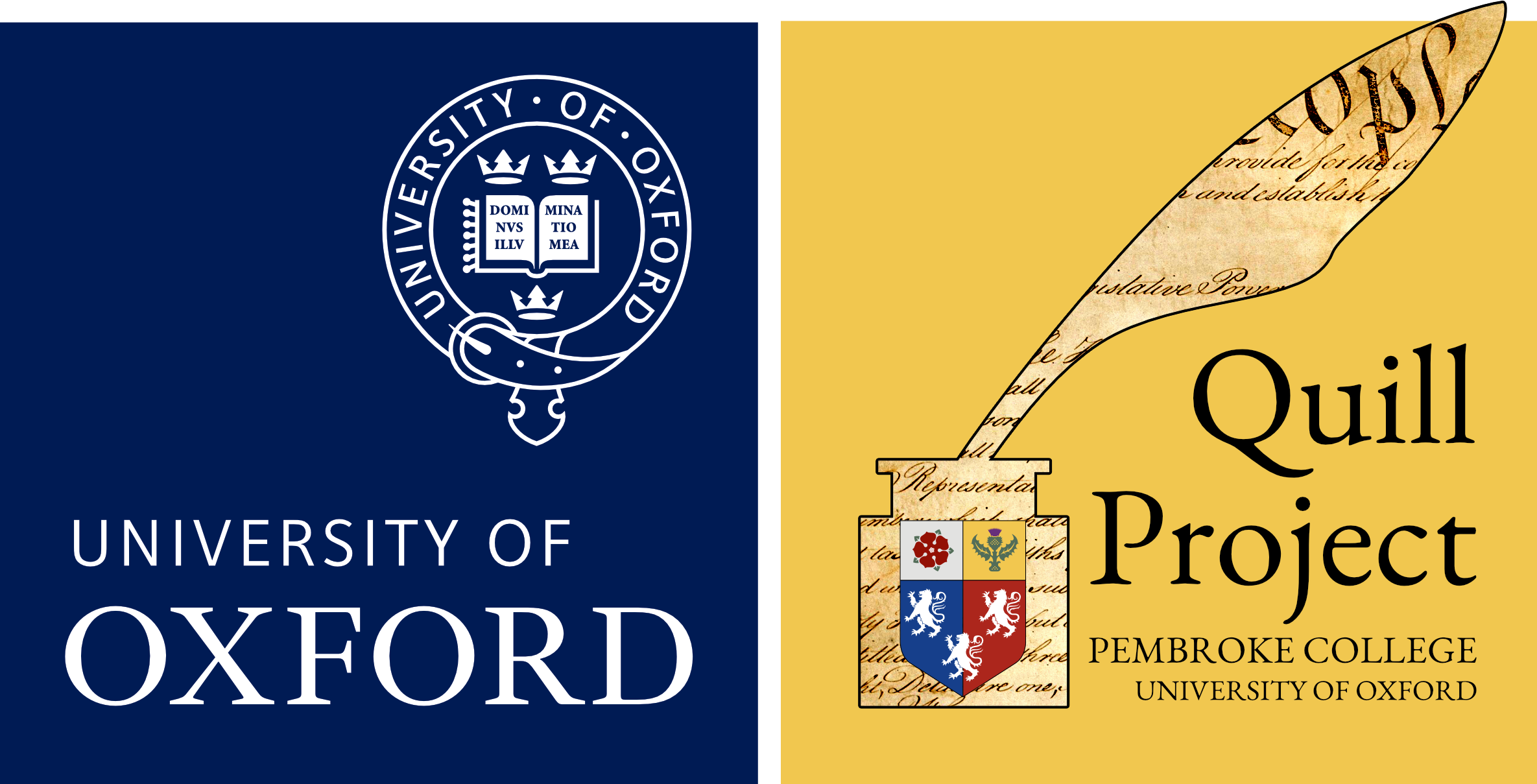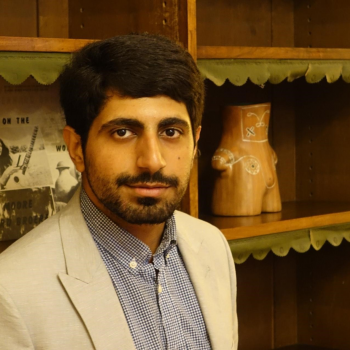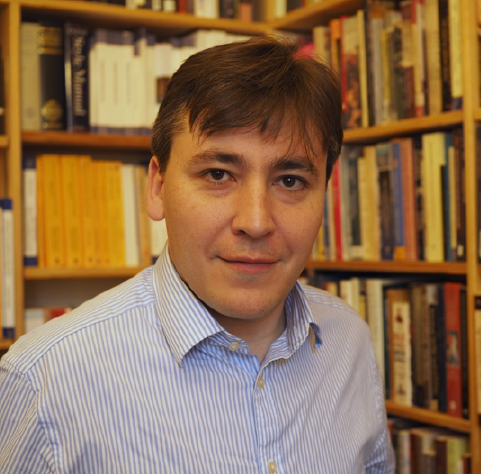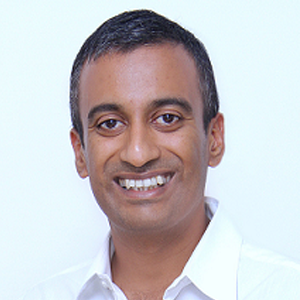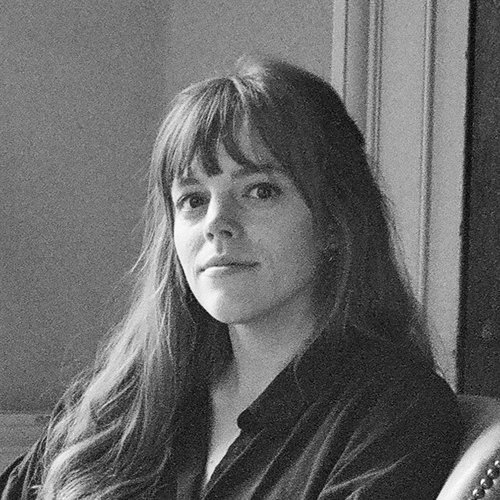Indian Constitution 1950
Pluralist agreement and constitutional transformation (PACT)
Jawaharlal Nehru signing the constitution on 24 January 1950.
The Quill Project is proud to announce a ground-breaking collaborative project, Pluralist Agreement and Constitutional Transformation (PACT) that has just received a major AHRC grant (2022-2025).
PACT will create a new digital research platform to facilitate scholarship, teaching and public engagement with Indian constitution-making, inspired by the values of a digital commons that is universal, free, and creative. The construction of an advanced digital platform on the making of the Indian constitution is embedded in an ambitious new research agenda that will explore constitution-making as an alternative source of democratic legitimacy to elections for pluralist politics, for enabling the negotiation of differences across lines of social division. Our research will draw lessons from the Indian example while critically analysing its unfulfilled potential for pluralism and democracy in the present.
Using the methodologies and software developed at Pembroke College by the Quill Project, the group will create an extensive digital record of the proceedings from 1946 to 1949 that led to the formation of the Indian constitution. Alongside these plenary debates of the Indian Constituent Assembly, the project will also include committee discussions, petitions, public responses and the wider debate of the period. This broad collection of sources will allow further study into the context of public opinion against which the Indian constitution was authored.
Work will begin later this year in conjunction with SOAS, the University of Sheffield and the Centre for Law and Policy Research. The project lead is Rochana Bajpai and the co-investigators are Nicholas Cole, Udit Bhatia, and Sudhir Krishnaswamy. The project also involves ongoing collaboration with colleagues in India, for both archival and educational work.
“I am delighted that the AHRC has funded PACT, a unique international collaboration between political theorists, historians, legal scholars, and educationists, underpinned by over two decades of scholarship on the making of the Indian Constitution. The funding is an important opportunity to explore the resources that the digitization of constitutional debates offers for new research and public engagement with constitution-making in divided societies, at a time of increasing restrictions on freedoms of speech, religion, and movement across the globe.”
- Principal Investigator Dr Rochana Bajpai (SOAS University of London)
More Information coming soon
To be notified about future announcements,
email pact-project-subscribe@maillist.ox.ac.uk.
